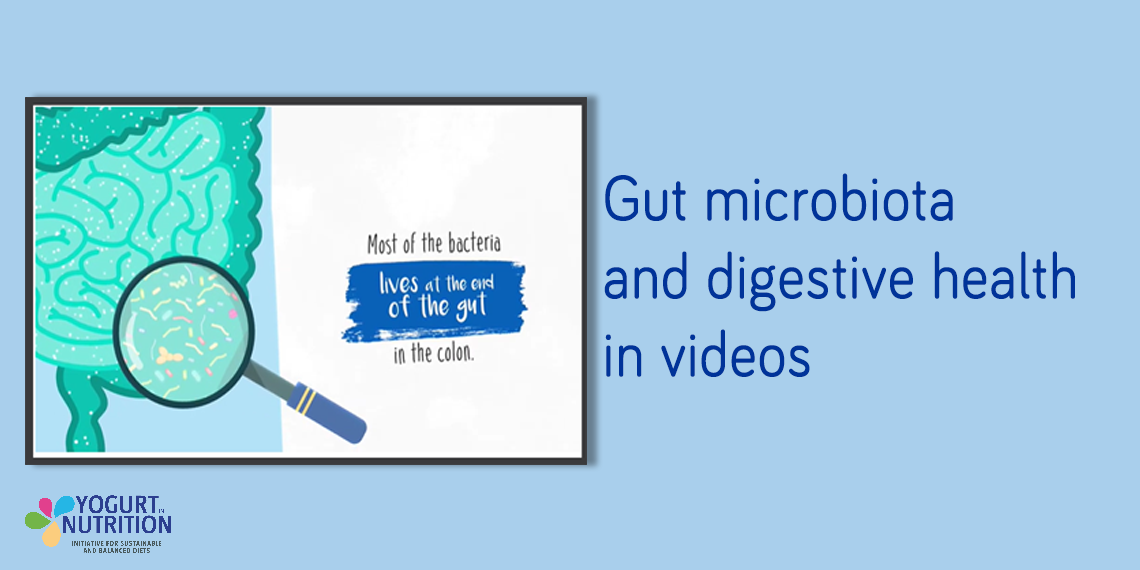Digestive health is essential for being and staying healthy. It plays important roles in digestion and metabolism, but also in immune and nervous functions. This digestive system hosts a large community of several billion of microorganisms, known as the gut microbiota.
The gut microbiota
The digestive system is essential for the digestion and absorption of what we eat. In addition, it hosts a community of several thousand billion living microorganisms that constitute the gut microbiota. This microbiota is unique for each individual and evolves throughout life. It participates in gut health. Adopting a healthy and balanced diet is essential to take care of this microbiota. The consumption of fermented foods, which includes probiotics for example, contributes to this balance and to support your gut.
The gut – brain axis
Beyond the digestion and absorption functions, the gut is a complex organ strongly connected to the brain. This connection is called the “gut – brain axis”. These two organs communicate through hormones and neurons. They continuously exchange information, 80% of which is coming from the gut. Microbiota and diet could then have an impact on the brain and its functions.
Probiotics, prebiotics and fermented foods
A healthy and balanced diet provides all the nutrients the body needs. It also contributes to maintaining the gut microbiota.
Microorganisms living in the gut only feed from non-digestible compounds, dietary fibers. In fact, some dietary fibers can be fermented by the bacteria of the gut microbiota and generate physiological effects that contribute to enhancing or maintaining gut functions. Those specific fibers are called “prebiotics”. Fermented foods can also favorably affect the composition and health of the gut microbiota. A healthy and balanced diet, which includes fermented foods with probiotics, and prebiotics, helps to take care of the gut microbiota and therefore the overall health.



